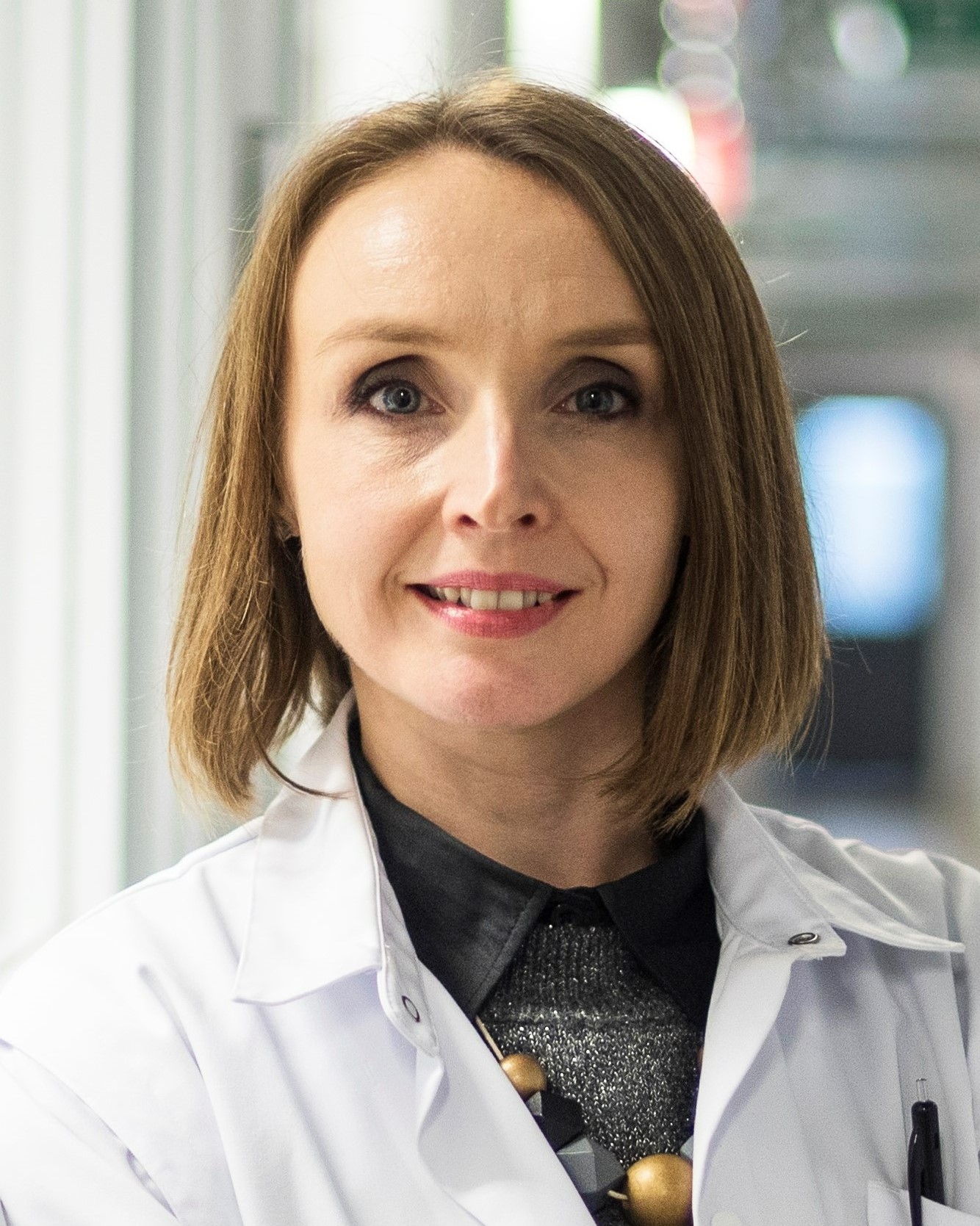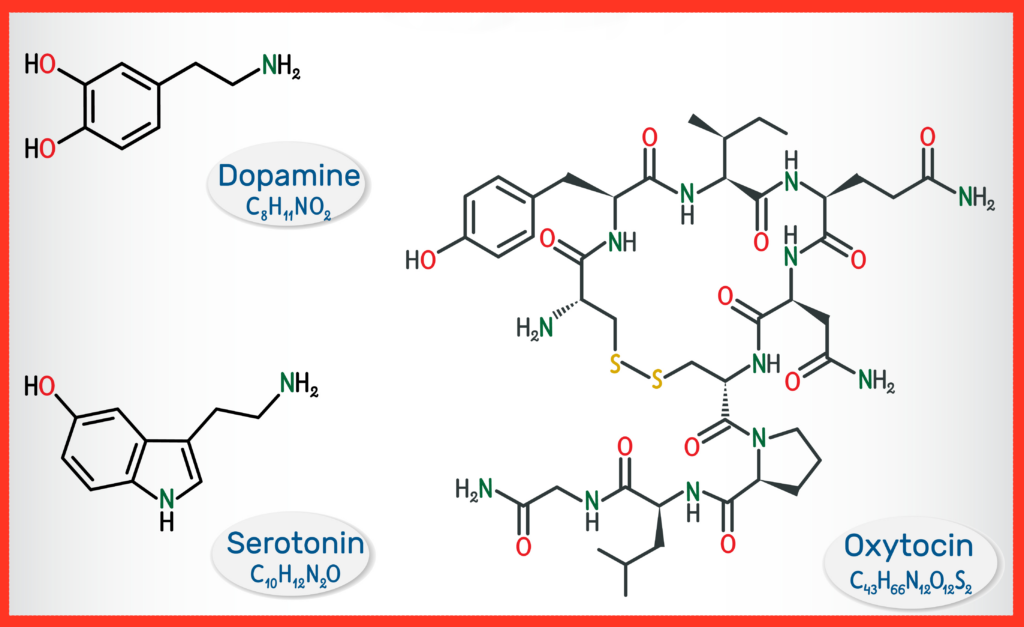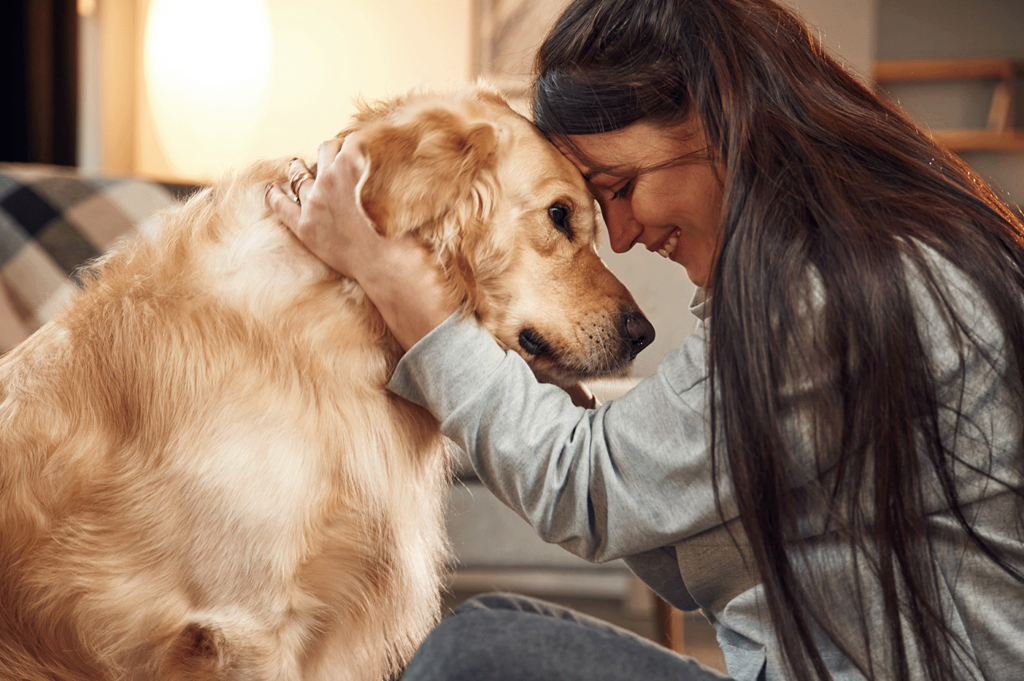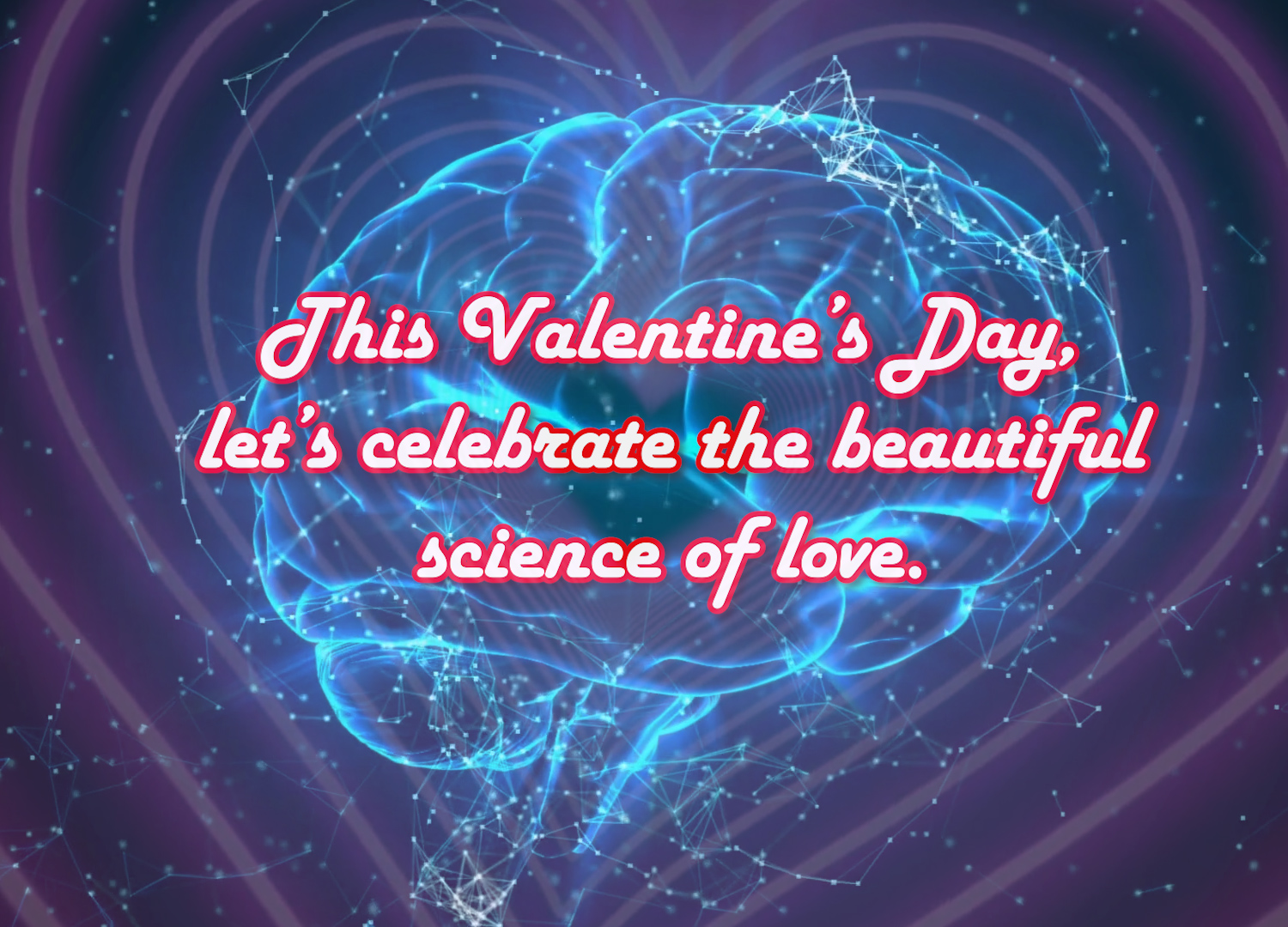by Professor Debby Van Dam
Love actually happens less in your heart and more in your brain, where various neurotransmitters (brain chemicals) and hormones come into play.
Love isn’t just felt in the heart—it sparks in the brain. This Valentine’s Day, let’s celebrate the beautiful science of love.

The pleasurable sensation of falling in love is primarily fueled by dopamine, a brain chemical linked to the brain’s reward system. Dopamine drives our motivation to seek food and other essentials for survival. This network of processes connects various brain regions responsible for processing emotions, directing attention, and seeking rewards or situations that previously felt pleasurable (i.e., rewarding). This same brain system that can also lead to addiction – to drugs, gambling, and yes, even social media. Falling in love feels intoxicating, triggering euphoria and desire.
Another brain chemical involved in love is serotonin. When serotonin levels are balanced, you tend to feel more focused, emotionally stable, happy, and calm. Conversely, low serotonin levels are linked to depression. But what happens with serotonin levels in the brain when you fall in love? Do they rise? Actually, no! When you fall in love, your serotonin levels drop like in patients with obsessive compulsive disorder. This may explain why, in the early stages of love, you often find yourself obsessing over your new love interest.

Once this initial chemical whirlwind fades, so does the first infatuation, but luckily oxytocin, the social bonding hormone slowly kicks in.
Imaging techniques, such as (functional) magnetic resonance imaging allow researchers to visualize the distinct brain activation patterns of people who have recently fallen madly in love, compared to those in long-term, loving relationships. But whether love is new or enduring, we always love from the depths of our brain!
But why does your heart pound, and why do you feel like you have butterflies in your stomach? When you fall in love, your sympathetic nervous system, known for the fight-or-flight response, is also activated, so your heart rate increases, you get clammy hands, your pupils dilate and the blood flow to your stomach changes.

A loving dog
Ever wondered whether your pet dog truly loves you? The answer is yes!
Australian neuroscientist, Gregory Berns, asked himself the same question: was his dog genuinely happy to see him after a long day at work, or had it simply learned to associate his return with receiving fresh food? To find out, Gregory Berns trained dogs, including his own, to lie still in an MRI scanner while they were shown pictures of people. Remarkably, when the dogs saw a picture of their owner, their brains showed activation patterns similar to those observed in humans when they see photos of their loved ones.

